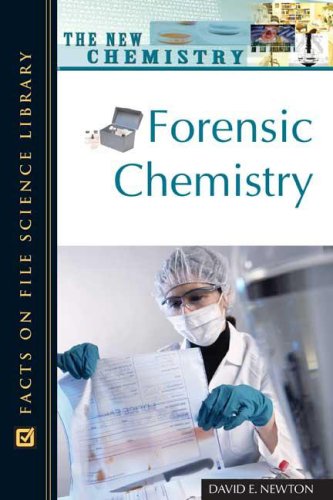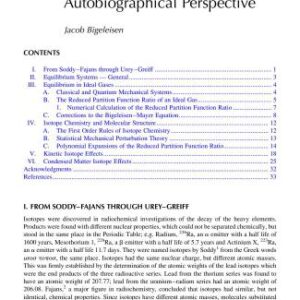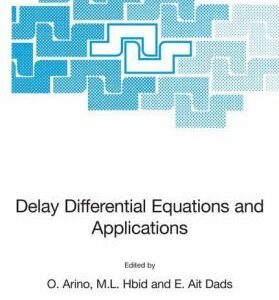A short book of some 170 pages, but too limited in scope. For several ideas the author introduces, he then offers no explanation, reinforcement, or details of any kind. The author makes the point that TV crime dramas compress the timeline of evidence testing, but not by how much. How is it that a fictional criminalist can take a few seconds to determine a positive test for human blood at the crime scene using a specialized indicator, but the book’s examples take hours or even a full day? Evidence of omission within this text makes me wonder if the author didn’t bother discussing such tests, or if this specialized indicator is also a fiction.
I have found three errors and oversights within *one* chapter, e.g. Nag cannot stand for both N-acetylglucosamine *and* N-acetylgalactosamine in the same antigen example, as it does on pages 35-36. Missing birth and death dates for one historical chemist on page 50 makes it hard to place his work within the growing timeline. By far the most distressing occurrence are the *twenty* errors within the *one* table on genetic bloodtype transmission on page 46. Misinformation such as this is worse than ignorance.
I have some passing interest in chemistry and forensics, but I am by no stretch of the imagination any sort of expert in either field. I cannot attest to the verity of the forensic tests or the chemical equations and reactions, but I fear this error rate only indicates the proverbial tip of the iceberg.
This book may be a brief (if inaccurate) history of Forensic Chemistry, but is not a good introduction to the occupational field, and it is not a well-written text.






Reviews
There are no reviews yet.